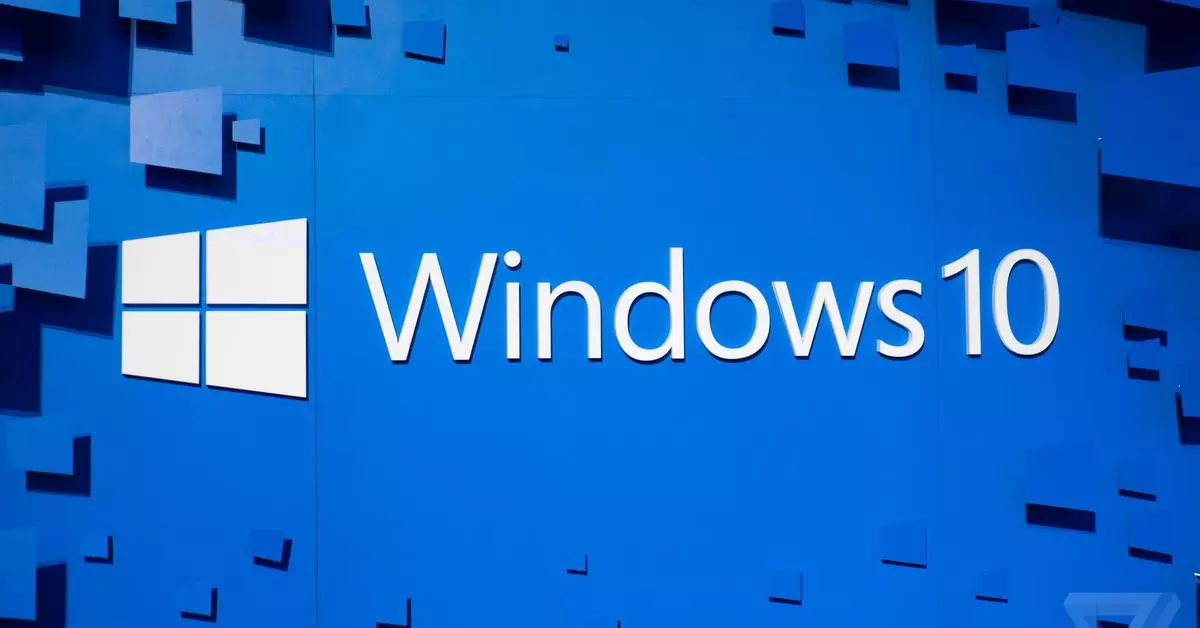Microsoft has announced that it will be ending support for Windows 10 in October 2025. However, in an unexpected move, the company has decided to reopen its beta program for Windows 10 to test new features and improvements. This decision comes as a surprise to many, as Microsoft had previously declared that major updates for Windows 10 were complete.
One of the new features that Windows 10 has already received is the AI Copilot feature, which was initially exclusive to Windows 11. This move indicates that Microsoft is committed to bringing innovative features to Windows 10, even as it approaches the end of its support lifecycle. The company’s decision to reopen the beta program shows that it values the feedback and input of Windows Insiders in shaping the future of the operating system.
Windows Insiders who are currently on Windows 10 can opt into the Beta Channel to access upcoming features and improvements before they are officially released. While Microsoft has not disclosed specific details about the new features that will be tested, users can expect to see enhancements that will enhance their overall user experience. It is important to note that joining the Beta Channel does not change the end of support date for Windows 10, which remains set for October 14th, 2025.
In addition to testing new features, consumers will also have the option to purchase paid security updates for Windows 10 once it reaches the end of support in 2025. This marks the first time that Microsoft will offer paid security updates for a Windows operating system. The pricing structure for these updates has been outlined by Microsoft, with businesses needing to pay $61 per device for the first year, $122 for the second year, and $244 for the third year. Consumers can expect to receive more information about pricing in the future.
Challenges with Windows 11 Adoption
While Microsoft continues to encourage users to upgrade to Windows 11, there are challenges related to hardware requirements and security features that have limited adoption. Windows 11 is only supported on CPUs released from 2018 onward and devices that have TPM security chips. As a result, a significant number of PCs are unable to upgrade to Windows 11, which has impacted its market share. According to StatCounter, Windows 11 currently holds around 28 percent of all Windows version market share, while Windows 10 remains dominant at 68 percent, despite being released nine years ago in 2015.
Microsoft’s decision to reopen the beta program for Windows 10 demonstrates its commitment to providing continued support and innovation for users of the operating system. By testing new features and offering paid security updates, the company aims to ensure that consumers can maximize the value of their current Windows PCs. As the end of support date for Windows 10 approaches, users can look forward to exciting developments that will enhance their computing experience for years to come.


Leave a Reply